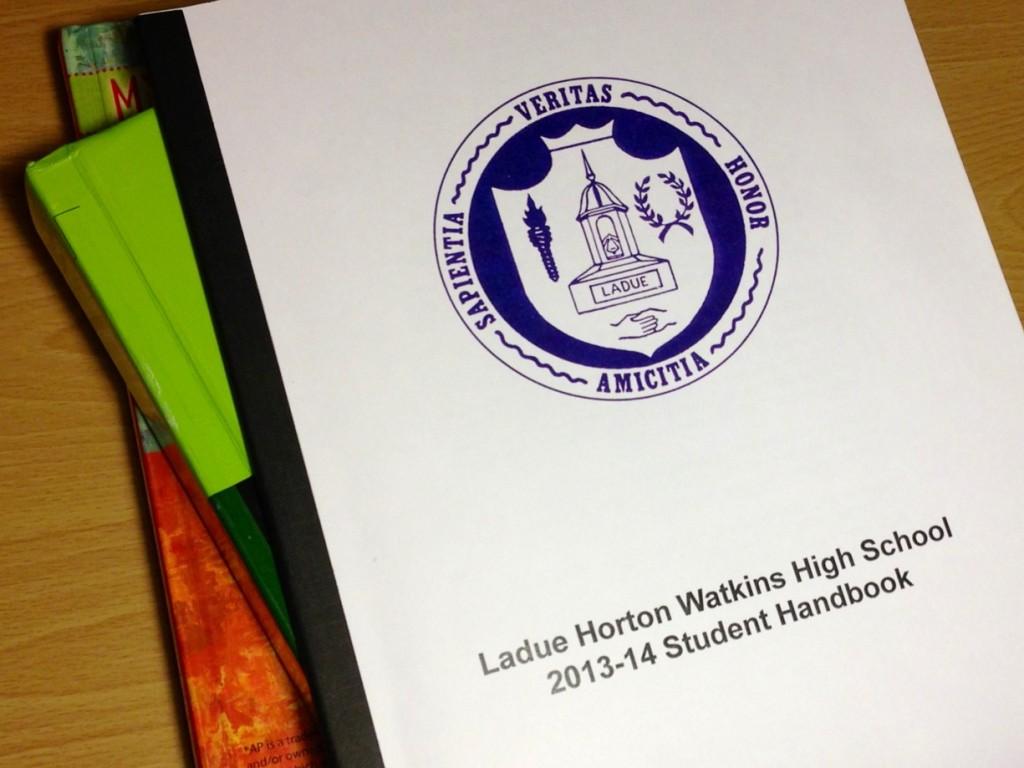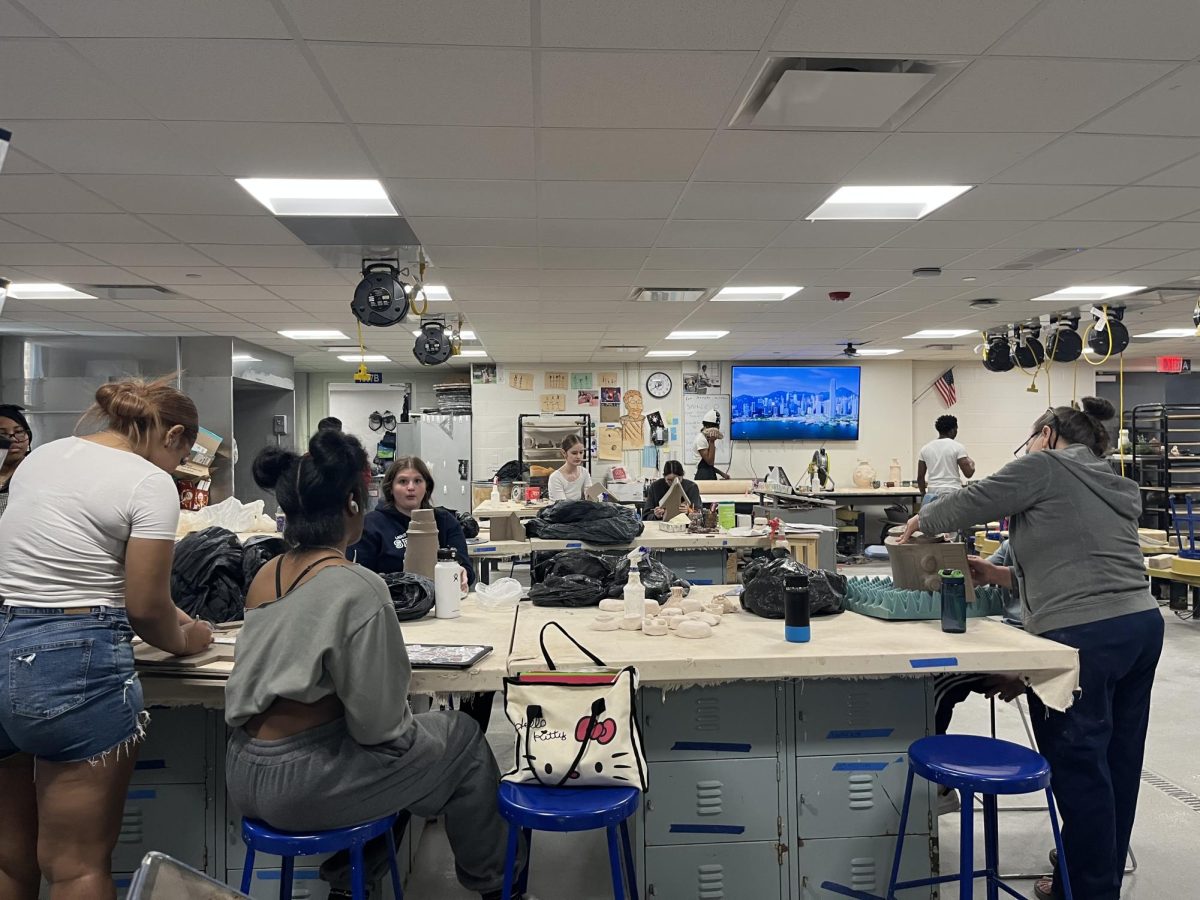The new rules are read every year during the first Academic Lab. What this means to most people is absolutely nothing. Students don’t pay attention to the reading of the “Student Handbook.” For that reason, the teachers normally blaze through it or even make jokes about certain sections. This year, something was different about the rules. The language sounded different, perhaps more serious than in previous years. Students, at least in some classes, were actually paying attention, particularly to the parts related to Academic Lab, afterschool activities, and possible ways they could lose their parking permit.
But nothing had been changed from last year’s “Student Handbook” to this year’s “Student Handbook” besides a few dates and a few times. Nothing in the wording of the rules themselves had been changed. The difference between this year and last year starts in the administrative offices.
“As a collective group of adults, we have to supervise our kids,” Principal Brad Griffith said. “There is a “duty of care” expectation when students are at school. The courts have charged us to act in loco parentis, [a phrase meaning in the role of a parent], to ensure a continued climate of success. We want everyone here to feel like they are part of a community. These rules are not intended to be strict or punitive at all.”
Some students may object to that last part. With more than six tardies, whether they are excused or unexcused, a student can lose his or her parking permit for six weeks. The same can happen if a student does not “remain in good academic/character standing.”
“The parking piece is a privilege,” Griffith said. “Students want to park. There aren’t enough spots for everyone who wants to park. Students were denied parking because of things mentioned in last year’s parking meetings.”
The other thing that non-seniors may be worrying about is the possibility of Academic Lab being eliminated. According to Griffith, this is not at all on the radar for the high school.
“We want to take a look at all of what we do and determine whether it is an effective use of the time,” Griffith said. “Our students need downtime and for many of our students, they use it well. I don’t know if everyone uses it effectively. We would possibly look at ways to restructure Academic Lab so it is used more efficiently.”
So if the rules aren’t really different, why do things feel different? Students see more administrators and teachers during lunches and in the hallways. It feels like the administration may actually enforce its own rules this year.
“The administrative team is willing to be accountable and follow through on their expectations,” Griffith said.









